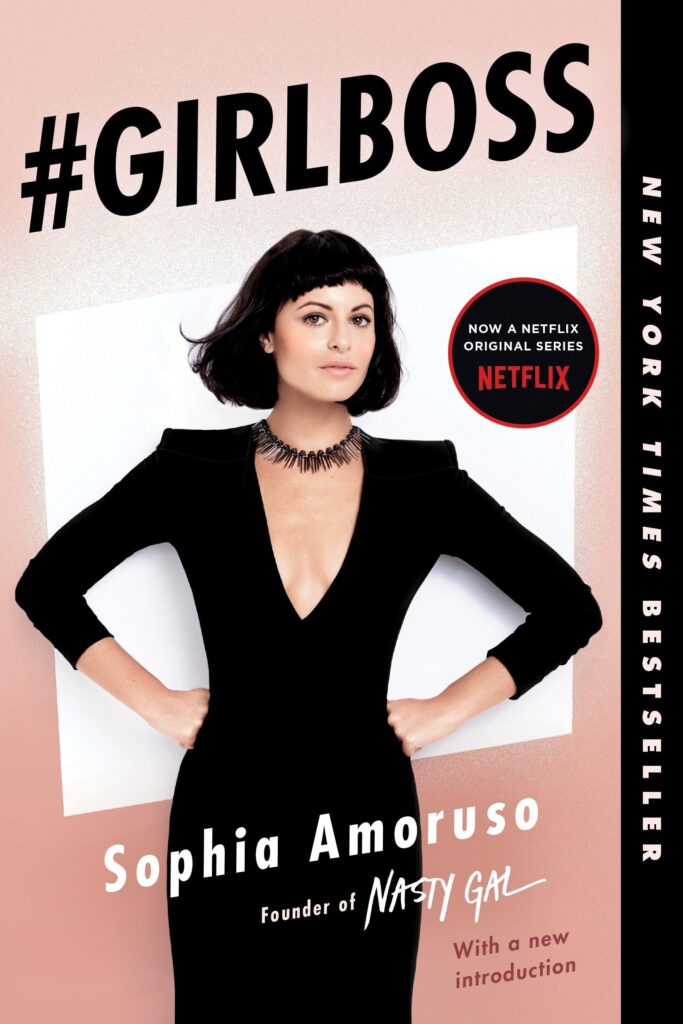Perhaps a discrimination, or a difference, starts right with the name or classification. By calling them “female founders,” we are instantly drawn into a category, and the differences between one category and another, all quite needless. If it ain’t broken don’t fix it readily comes to mind . Already, the numbers don’t look too cheerful against the male: only 11% of startups founded by females as per the 2020 data, and only 2.3% of the total VC funding offered to women-led startups.
If you just called yourself a start-up founder, would your funding increase, for example? Highly likely. You’re a start-up founder, that’s all, like everybody else. No comparisons, no differences.
But again, there are two sides to this data: some female founders don’t want to be categorized “female founder.” They believe when men don’t use “Male founder/CEO,” why should a woman?
Point. And you can see, men don’t get into categories – You’re a start-up founder, that’s all, like everybody else – so why should women?
And here are a number of women who make the same point:
Ashley Sumner , CEO Quilt, doesn’t want to be labeled “female founder” because it limits her identity as an entrepreneur. She says,” I am a founder. Putting my gender in front of what I am belittles what I’ve accomplished, and reminds women how few of us get to where I am. I’m ready to drop the gender and get right to the work I’m doing. Who’s with me?”

Similarly, Michele Romanow, co-founder clearbanc, while speaking in her hosted podcast, The revisionaries, points out, “A female CEO is a CEO. Separate societal problems from your own mindset. Yes, only 7 percent of CEOs at Fortune 500 companies are female, but the second you label yourself as a female founder, it limits you to that title. I have not once heard the term ‘male CEO.’ Females should not be labeled with a title inhibiting their growth.”
GJ Waters, a writer at the Medium, asks, “Is calling ourselves ‘female founders’ — or ‘women in business’ — much better? I don’t think so. All of these labels draw attention to the exceptionality of our presence in the world of entrepreneurship. They create an immediate distinction: a female founder is not a standard founder. Note, we never talk a about male founders or boy bosses, so the distinction is between us, and what is ‘the norm’. The women’s football league is not the football league.” Waters believes it’s very usual to see articles and news related to women entrepreneurs every other day with the ‘female founder’ label even when it does not relate to the story.
And again, the other side to the story: Leigh Bhuchanan , Inc’s magazine’s Editor-in-chief, says “Yet, at the same time, some women founders are embracing female-forward descriptors, like mompreneur, and titles (boss lady, girl boss, boss babe, she-E-O) as badges of pride.” Meryl Draper thinks these words are empowering and says, “They try to show women they can be anything, and I applaud that.”

Tanya Abbey, chief of Blackwolf consulting group, does not like the term ‘girl bosses’. She thinks, there is a huge journey for them to cover before they contribute to the industries, be it as a founder, talent director, or a CEO. We agree with her – ‘girl boss’ sounds inexperienced, too young, premature. Speaking with Smart Company, she says, “I strive for a humane and personal approach. My employees know I am a mother of young children and I let them see that I can have a bad day too sometimes.”
So some founders and entrepreneurs believe that titles should be gender neutral, whereas others welcome the female classification, but it’s encouraging that discussions like these are out in the open, and assertive.
Whether about agreements or rejection, people are talking, and that’s a move forward.
Come to think of it, in the future, there will be a founder, a boss, a CEO, and no one will have need to say female founder or female boss – people will get used to the female entrepreneur. If anything, it’d be an outdated term. We should try to get there sooner.













